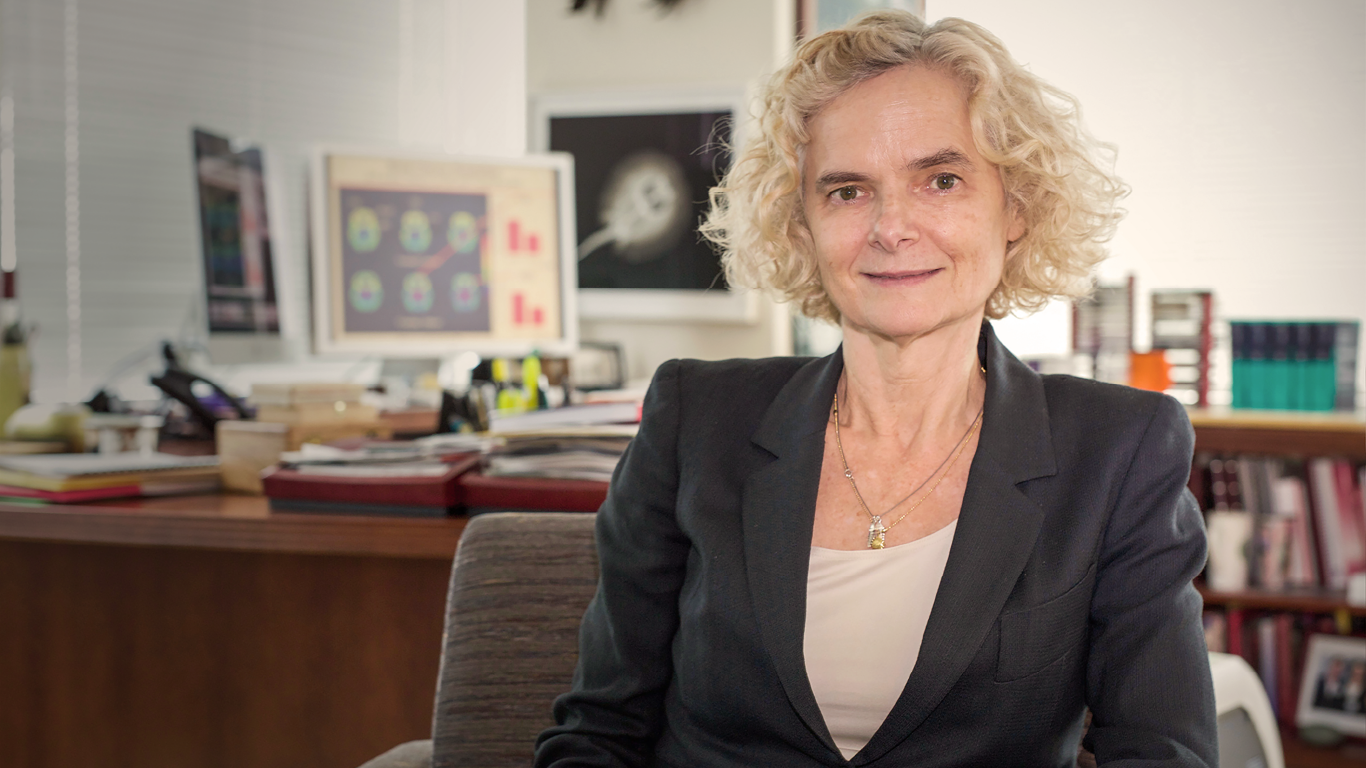
Following up on our popular interview with Dr. Volkow last year, we were honored to speak with her again this month about our latest material, the ‘Science of Skills,’ and the importance of social and emotional skill development in substance use prevention.
Why are social and emotional skills development important?
We use social and emotional skills to form meaningful friendships and relationships. These connections provide a foundation of the structure, support, and sense of safety essential to help us navigate challenging times. So often people may turn to substance use to manage stressful life situations or as an escape, and when they lack supportive social connections in their lives, it might become difficult to find a way forward when drug use becomes unmanageable or harmful. For young people who do not yet have the social and emotional abilities of adults, it’s necessary to provide these supports to children and teens consistently and frequently so that they’re exposed to opportunities to develop their own skills for managing future life situations in healthful ways.
How, in your view, can materials such as the ‘Science of Skills’ make a difference?
As young people encounter both the joys and challenges of growing up, it’s essential that they’re equipped with an arsenal of social and emotional skills to pull from whenever they need. Educational materials like the ‘Science of Skills’ can act as a helpful complement to standard academic learning to help place children on a positive trajectory toward becoming well-rounded, kind, compassionate, and thoughtful people. These qualities are essential in substance use prevention by acting as “antidotes” for the rampant stigma, discrimination, and negative bias that obstruct people with substance use from the help they need.
This month we are highlighting two super skills: “Compassion” and “Respect”. How are compassion and respect linked with substance use prevention?
Compassion and respect are important tools for dismantling stigma, a major barrier to substance use prevention. Despite decades of research showing that substance use disorders are chronic, treatable conditions, they remain highly stigmatized. For people with addiction, fear of stigma and discrimination prevents them from seeking the help they need. For the rest of society, stigma perpetuates negative attitudes toward people with addiction and stunts the advancement and accessibility of treatments, recovery tools, and education geared toward addressing substance use disorder. Therefore, teaching younger generations to have compassion and respect for people of different lived experiences – including those who struggle with drug use – may help shift societal perceptions of addiction away from fear and hatefulness into understanding and progress.
How can parents and caregivers help their children grow more compassionate and respectful?
Parents and caregivers can instill compassion and respect within their children by providing knowledge and fostering an understanding of substance use and how addiction can be treated. Language can also be a key tool for cultivating compassion and respect – teaching young people to talk about addiction using person-first language can help them build a caring and empathetic mindset for themselves and others.
Dr. Nora Volkow is the Director of the National Institute on Drug Abuse (NIDA) at the National Institutes of Health. NIDA is the world’s largest funder of research on the health aspects of drug use and addiction. Dr. Volkow's work has been instrumental in demonstrating that drug addiction is a brain disorder. As a research psychiatrist, Dr. Volkow pioneered the use of brain imaging to investigate how substance use affects brain functions. In particular, her studies have documented that changes in the dopamine system affect the functions of frontal brain regions involved with reward and self-control in addiction. She has also made important contributions to the neurobiology of obesity, ADHD, and aging. Dr. Volkow has published more than 800 peer-reviewed articles, written more than 100 book chapters, manuscripts, and articles, co-edited "Neuroscience in the 21st Century" and edited four books on brain imaging for mental and addictive disorders. She has received international awards and prestigious nominations; amongst them, she has been named one of Time magazine’s “Top 100 People Who Shape Our World.”
Don’t miss our previous interview with Dr. Volkow, in March 2021.Made possible with the generous support of France.